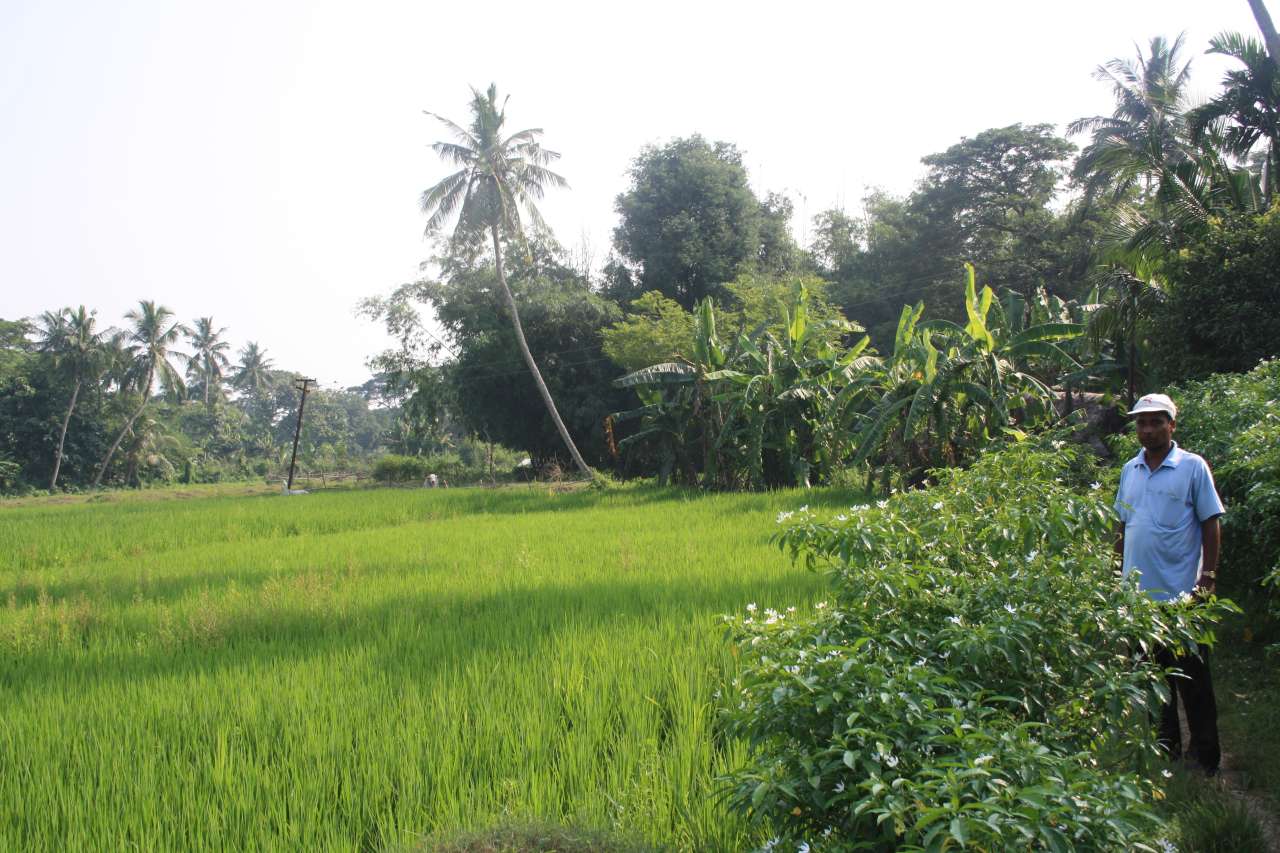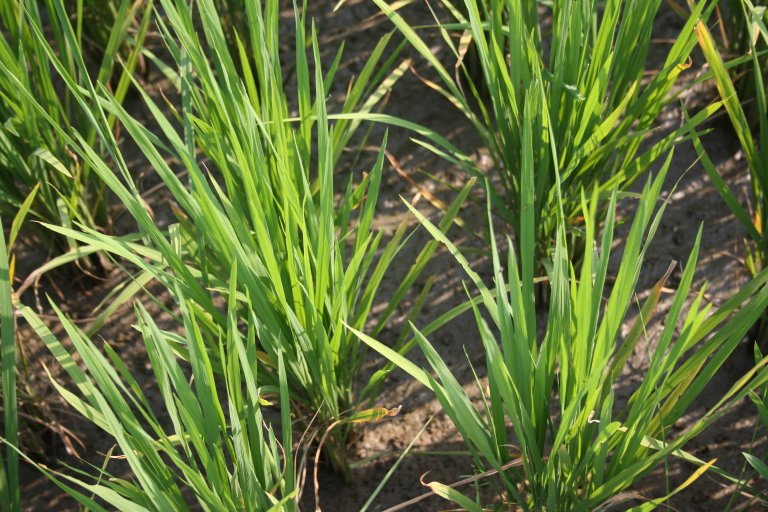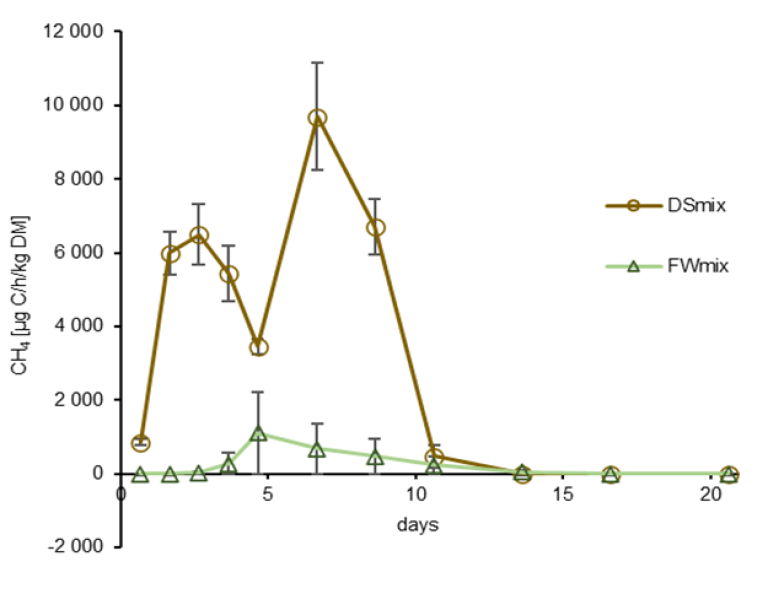Division of Environment and Natural Resources
Greenhouse gas emissions from biogas digestate applications to rice production systems

End: sep 2022
Start: oct 2018
Digestate, organic residues from biogas production, are good fertilizers. However, application of digestate can stimulate greenhouse gas production. Greenhouse gas emission from rice production is particularly problematic, because rice is grown flooded. This project, RICEDIG aims to find how digestate application affect greenhouse gas emissions in flooded rice production systems.

| Status | Active |
| Start - end date | 01.10.2018 - 30.09.2022 |
| Division | Division of Environment and Natural Resources |
| Department | Urban Greening and Vegetation Ecology |
| Partners | KIIT University, Bhubanaswar, India |
| Total budget | 3824000 |
| Budget this year | 495 |
| Funding source | Norwegian Research Council |
RICEDIG is a collaboration between NIBIO and KIIT university in India. Four master students from KIIT are doing the research work for their master thesis at NIBIO. Incubations and a pot experiment have been carried out, and grenhouse gas emissions measured. The microbial community in the soil is being analysed as well. The aim is to understand how digestate applications affect the microbial community and if that can explain greenhouse gas emissions.
We have also measured greenhouse gas emission during digestate composting, and compared to composting the undigested feedstock. The results show (Figure below) that methane emission from digestate (DSmix) composting was much larger than from the food waste it was produced from (FWmix). We believe the reason can be that digestate contains a microbial community adapted to high methane production.

